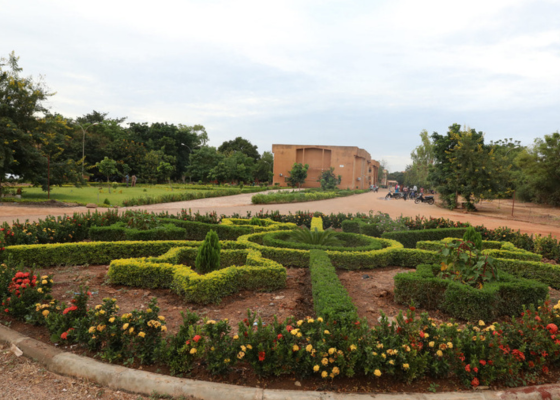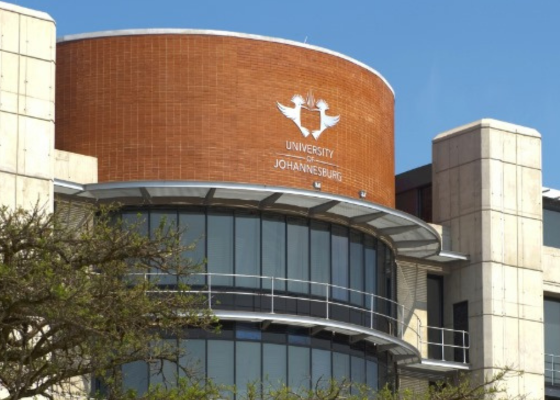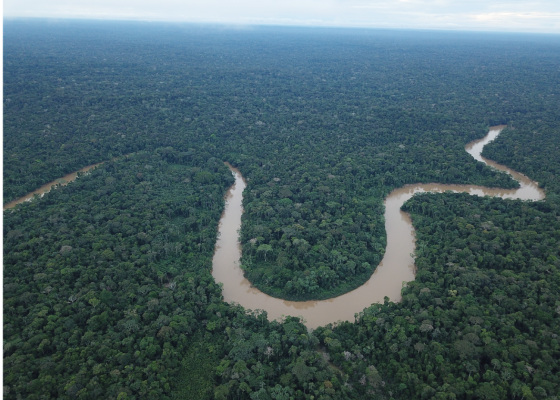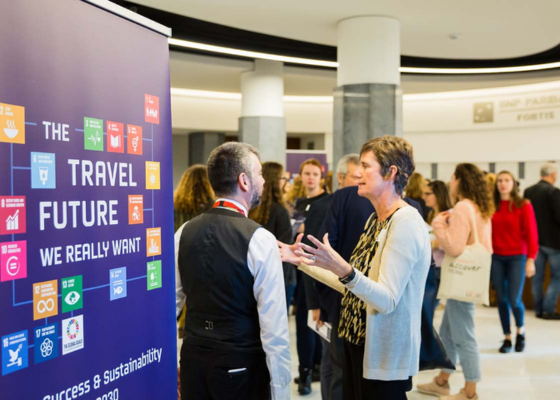ACADEMIC PARTNERS
University of Padua
Coordinator of the programme (Italy)
The University of Padova is one of Europe’s oldest and most prestigious seats of learning; it is a multi-disciplinary university that aims to provide its students with both professional training and a solid cultural background. […]
Universidad Andina Simón Bolívar
Academic partner (Ecuador)
UASB Ecuador was established by the Andean Parliament in 1992 and is part of the Andean Integration System, with headquarters in Bolivia and Ecuador. […]
Universidade da Madeira
Academic partner (Portugal)
Funded in 1988 and located in the Madeira archipelago. Always attentive to the needs of the archipelago and the Euro-Atlantic zone, UMa intends to prepare its students to be complete citizens of the 21st century […]
University Joseph KI-ZERBO
Academic partner (Burkina Faso)
Referenced in recent years among the top universities in French-speaking Africa, it was established in 1974 and is from the second generation universities in Francophone Africa.
PROFESSIONAL PARTNERS
Via Via Tourism Academy
Professional partner (Africa, Asia, Europe, Latin America)
ViaVia Tourism Academy is a non-profit center of Expertise and Education in Sustainable Tourism Development, active on four continents. Sustainable Tourism can serve as a tool for economic, social and cultural development […]
The European Association for local Democracy – ALDA
Professional partner (France)
ALDA is a French non-profit organization. It was established in 1999 at the initiative of the Council of Europe’s Congress of Local and Regional Authorities to coordinate and support […]
OUR CONSORTIUM
From the intake 2011/2012 the International Master degree on Sustainable Territorial Development, STEDE, is offered by a Consortium of top ranked Universities and outstanding professional partners with complementary expertise on the field of Sustainable Territorial Development.
Till the intake 2020/2021 the members of the Consortium are 6 Universities: University of Padova (Italy), KU Leuven (Belgium), Université Paris 1 Panthéon Sorbonne (France), Universidade Catolica Dom Bosco (Brazil), Université OUAGA I Professor Joseph KI-ZERBO (Burkina Faso), University of Johannesburg (South Africa); and 3 Professional Partners: The European Association for local Democracy – ALDA (France/Italy), SEBRAE/MS Serviço d. Apoio à Micro/Pequenas Empresas de Mato Grosso do Sul (Brazil), Via Via Tourism Academy (Belgium).
STeDe has been implemented as Erasmus Mundus International Joint Master Degree in two periods: from the intake 2011/2012 til the intake 2014/2015 andfrom the intake 2016/2017 until the intale 2019/2020.
The partnership is founded on a long and wide collaboration involving teaching and research activities and aiming to deliver a world-class programme.
Since 2021/2022 the members of the Consortium are 4 Universities: University of Padova (Italy), Universidad Andina Simón Bolívar, Sede Ecuador, Université OUAGA I Professor Joseph KI-ZERBO (Burkina Faso), University of Johannesburg (South Africa). Professional Partners are: The European Association for local Democracy – ALDA (France/Italy), Via Via Tourism Academy (Belgium), Fundación Pacha Mama, Quito (Ecuador).
Since 2022/2023 the members of the Consortium are 5 Universities: University of Padova (Italy), Universidad Andina Simón Bolívar, Sede Ecuador, Université OUAGA I Professor Joseph KI-ZERBO (Burkina Faso), University of Johannesburg (South Africa), Universidade da Madeira (Portugal). Professional Partners are: The European Association for local Democracy – ALDA (France/Italy), Via Via Tourism Academy (Belgium), Fundación Pacha Mama, Quito (Ecuador), Associazione GISHub (Italy).
The partnership is regulated through bilateral parthers agreements and aa Consortium Agreement defining the rights and the commitments of all partners.
The CCD-STeDe Scientific and Pedagogical Committee
All scientific and pedagogical issues are dealt by the Scientific and Pedagogical Committee, composed of an academic representative (Local Director) of each partner university, which is in charge of her/his nomination. The Scientific and Pedagogical Committee is responsible for: global strategy design, organization of scientific training and pedagogical activities, academic quality assurance, admission and assessment criteria, student selection and monitoring, according to national laws. When necessary, students representatives – elected by their peers (i.e. students belonging to the same cohort) – could take part in the meetings.
The CCD-STeDe secretariat
The Coordinator is supported by a Joint Technical Secretariat, composed of one representative nominated by each partner university in charge of financial and administrative aspects, and coordinated by the administrative staff of the coordinating institution. The coordinating institution staff forms the CCD-STeDe Secretariat, based at Università degli Studi di Padova, that is responsible for: preparation of reports, promotion of activities, meetings organization, administrative procedures for students’ admission, enrolment and post-graduation. Partner universities staff is responsible for providing at due time all necessary documents, information and assistance to the CCD-STeDe Secretariat for the reconstruction of students’ careers (e.g. transcripts of records), preparation of reports (e.g. financial documents) and smooth CCD-STeDe management.
Local scientific and teaching Commission
Every partner university sets up a Local Scientific and Teaching Commission, composed of local professors teaching in the CCD-STeDe program, the local students’ tutor, two students’ representatives and max. two administrative staff representatives, under the coordination of the Local Director, in charge of the organization and of the monitoring and evaluation of teaching activities.











